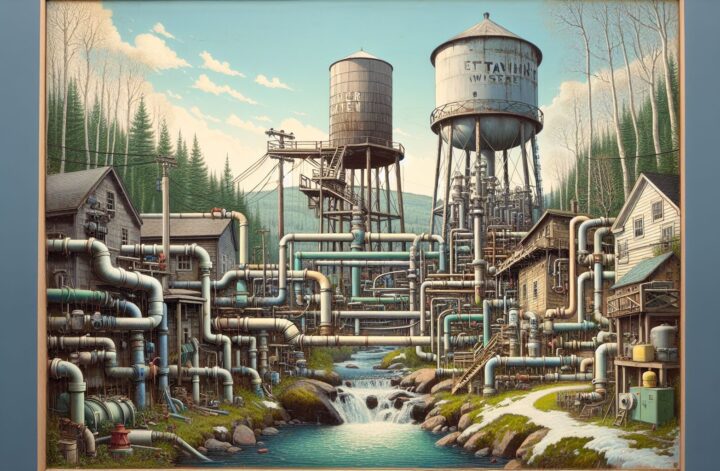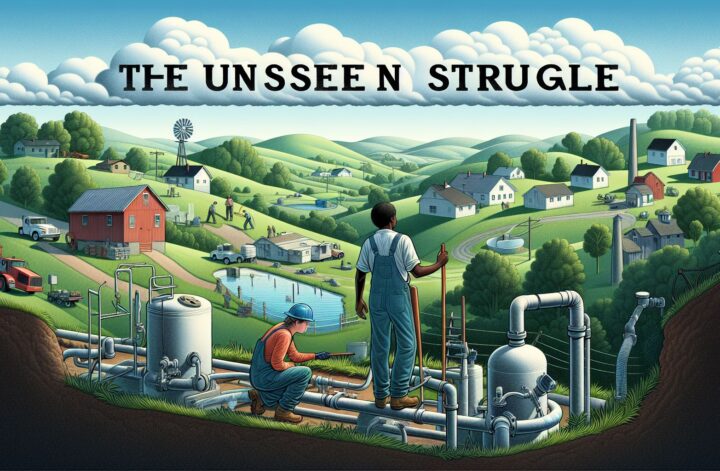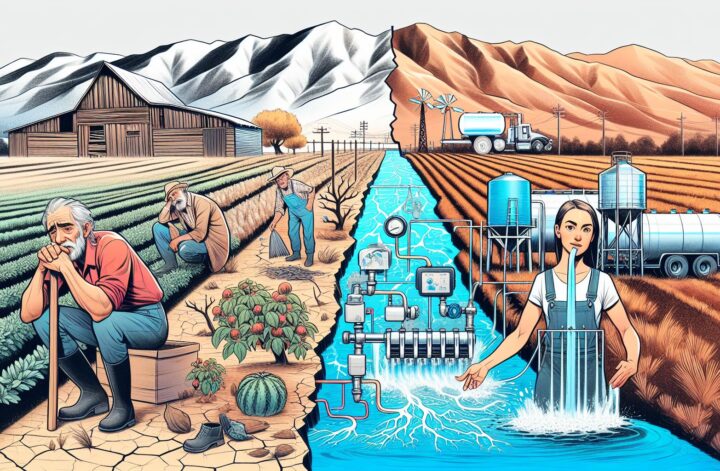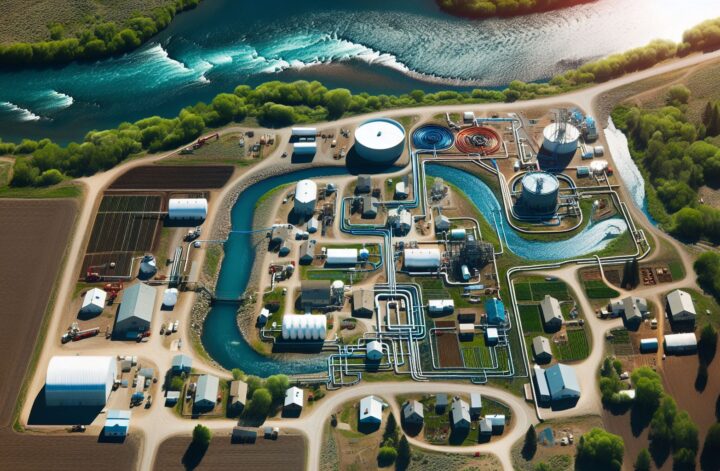While major cities often captivate the attention of water infrastructure critics and professionals, the rural areas, such as those in Maine deserve equal interest. Maine, known for its dense forests and enchanting coastlines, is grappling with unique water and wastewater challenges seen in rural areas nationwide.
The Shape and Scope of the Issue
In Maine, many locals rely on private wells instead of municipal water systems. More than 50% of the state’s population, or approximately 500,000 people, get their water from private wells [^1^]. Many of these water systems are outdated, leading to concerns about water quality and safety.
Ageing septic systems pose another problem. With a substantial number of homes in Maine using septic systems over 30 years old, the risk of system failure or groundwater contamination is high. This is particularly concerning given the state’s reliance on groundwater as a source of drinking water.
Addressing the Challenge
The state of Maine has recognized these issues and a number of programs are in place to help communities tackle them. One such program is the State Revolving Fund (SRF), a federal-state partnership that provides communities a permanent, independent source of low-cost financing for a wide range of water quality infrastructure projects.
Meanwhile, nonprofit organizations, like the Rural Community Assistance Partnership (RCAP), provide technical assistance to rural communities addressing water and wastewater issues. They help communities create and manage systems that provide safe drinking water and environmentally sound wastewater solutions.
Concluding Thoughts
Rural water and wastewater systems in Maine, by virtue of their obscurity, can be overlooked in conversations about the country’s water infrastructure. But the situation in these communities is urgent. The combination of ageing systems, reliance on septic systems and private wells, and the potential health and environmental threats they can pose, make the need for investment and upkeep in these systems a pressing public concern that deserves more attention.
[^1^]: Maine Department of Health and Human Services: Private Well Water Safety and Testing
[^2^]: Rural Community Assistance Partnership: RCAP – Safe Water, Sustainable Communities




